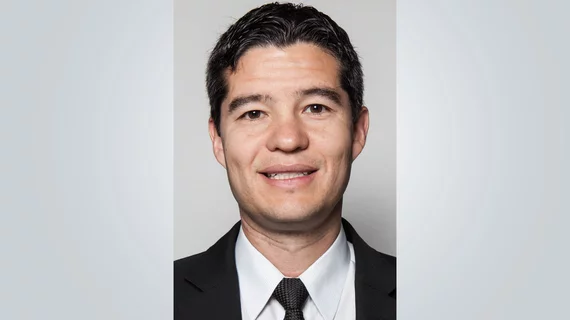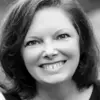TCT.18 Preview: Celebrating 30 Years & Unveiling a New Training Center
Three decades after the first Transcatheter Cardiovascular Therapeutics conference, TCT.18’s organizers are moving “toward a more practical approach,” says Cardiovascular Research Foundation CEO Juan Granada, MD.
Speaking with Cardiovascular Business before the late-breaking clinical trials or fascinating lectures lists were available, Granada had three themes on his mind. First, he’s a bit in awe that TCT has been “evaluating and introducing very disruptive technologies and techniques that have shaped the field” for 30 years. “This is a big year for us and for the field,” he says.
Granada’s second and third themes focus on how TCT trains operators to perform “the art of interventional cardiology” and how much they pay for such training. Here’s an excerpt from our conversation:
Congratulations on TCT’s 30th anniversary. You’re marking the occasion with a new training center?
Thank you. Yes, it’s a milestone for the Cardiovascular Research Foundation and TCT. We’ve always been concerned about how medical education is delivered, and we believe practical, hands-on education is especially important in interventional cardiology. We’ve been thinking for a while about how to go beyond classroom-based talks to providing more for operators, specifically opportunities to learn device architecture and procedural techniques.
We are building an interactive training pavilion. It’s going to be a massive space inside the San Diego Convention Center that will house training workshops. Attendees will be able to train in different techniques or procedures that might not be available to them at home or at other conferences.
How will it be organized?
TCT will feature eight interactive training pavilions with more than 100 practical and hands-on workshops. We will have a variety of models and tools, depending on the training track. Simulators and virtual reality, of course. We’ll cover almost every interventional cardiology procedure available, including advanced PCI techniques, endovascular, hemodynamic support, patient management, imaging and TAVR.
Have attendees asked for hands-on training?
Younger physicians expect this type of training as well as new tools to be trained on, but it’s also a response to how interventional cardiology is evolving. We’ve gone from plain balloon angioplasty and stents to replacing and repairing heart valves; from 2-D imaging to complex, comprehensive imaging in 3D; and from interventional cardiologists doing procedures to the heart team. We need to evolve how we’re educating physicians. TCT will continue providing data-based, didactic presentations, but we’ll be reinforcing it with practical learning. Our interactive training workshops are a start at flipping the format. It’s what we believe TCT needs to become.
You’ve discounted the TCT registration fee this year. Does the reduced fee include access to the training center?
Yes, we’ve reduced rates significantly in honor of our 30th anniversary. TCT has always been a global meeting. We’ve had attendees from more than 130 countries, but we recognize there are physicians in underserved countries who can’t afford to attend. It’s a special year; we want to make it possible for more physicians and allied health professionals to come.
There’s interest in addressing access to care with telemedicine. Is there a medical education equivalent you could try?
The more technologies and developments that occur, the wider the gap in access. That’s on the patient side, but it applies on the physician side, too. That’s the need for equality in education, which is another reason to make it easier for physicians to attend TCT.
TCT.18 will convene Sept. 21-25 in the San Diego Convention Center. Details at CRF.org/tct.

